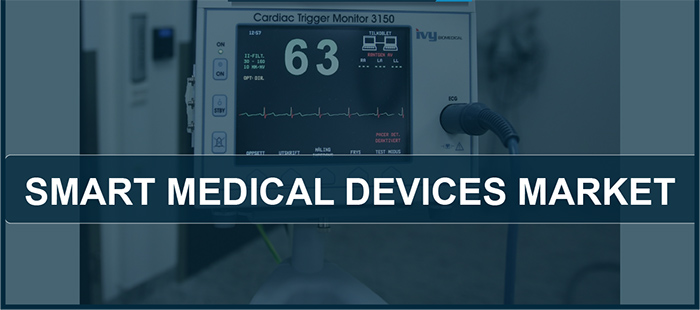

As the country emerges from the COVID-19 pandemic, it’s time to evaluate and assess lessons learned and find any possible silver linings derived from the crisis. This includes telehealth and the use of remote technology.

As the country emerges from the COVID-19 pandemic, it’s time to evaluate and assess lessons learned and find any possible silver linings derived from the crisis. This includes telehealth and the use of remote technology.

This pioneering area of technology comes with new risks and questions of liability.

The industry struggles with various unknowns that impact efficiency, quality, and as a result, finances. This article reviews some of these challenges and how to overcome them.

Digitally connected healthcare is here to stay, and this moment is an opportunity to capitalize on the expanding potential of technologies that are already helping deliver better patient experiences and outcomes.

Due to rapidly evolving regulatory landscape and manufacturing demands, label requirements and the information they contain are constantly changing. Here’s how medtech organizations can manage the process.

It’s important to draw on experience from other sectors.

MedTech Intelligence recently sat down with Peter O‘Blenis, CEO of Evidence Partners to discuss challenges reviewers face throughout their literature review process in the context of regulatory compliance, and to talk about the upcoming virtual event, Evidence Matters 2021.

The agency has realigned information technology, data management and cybersecurity functions, and established a new office reporting directly to the FDA commissioner.

To achieve success, a medical device startup must build a sophisticated data architecture specifically designed to deliver maximum value for its customers’ use cases. However, it’s extremely difficult to build such an architecture—especially given early-stage budget constraints. That’s why startups must wisely synch their data architecture spending with their funding rounds.

Increased awareness during the COVID-19 crisis and public efforts to strengthen the development of healthcare technologies has boosted the smart medical devices sector.